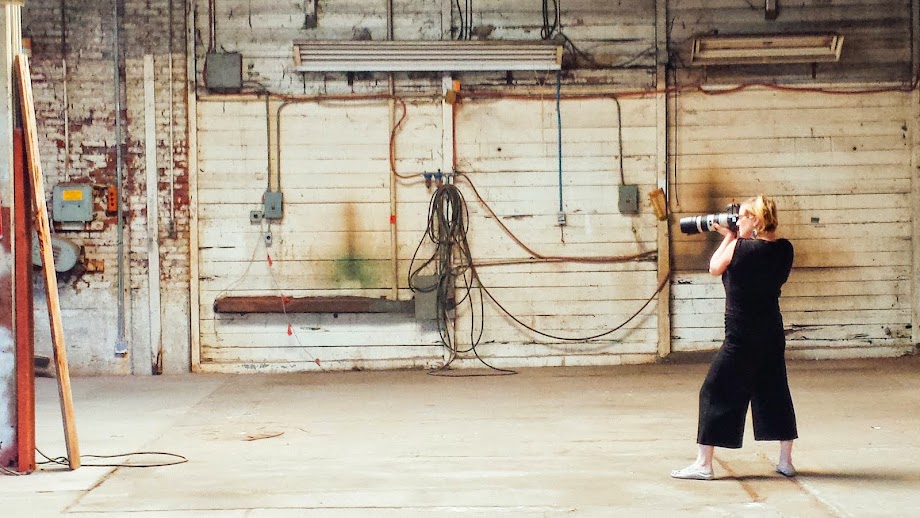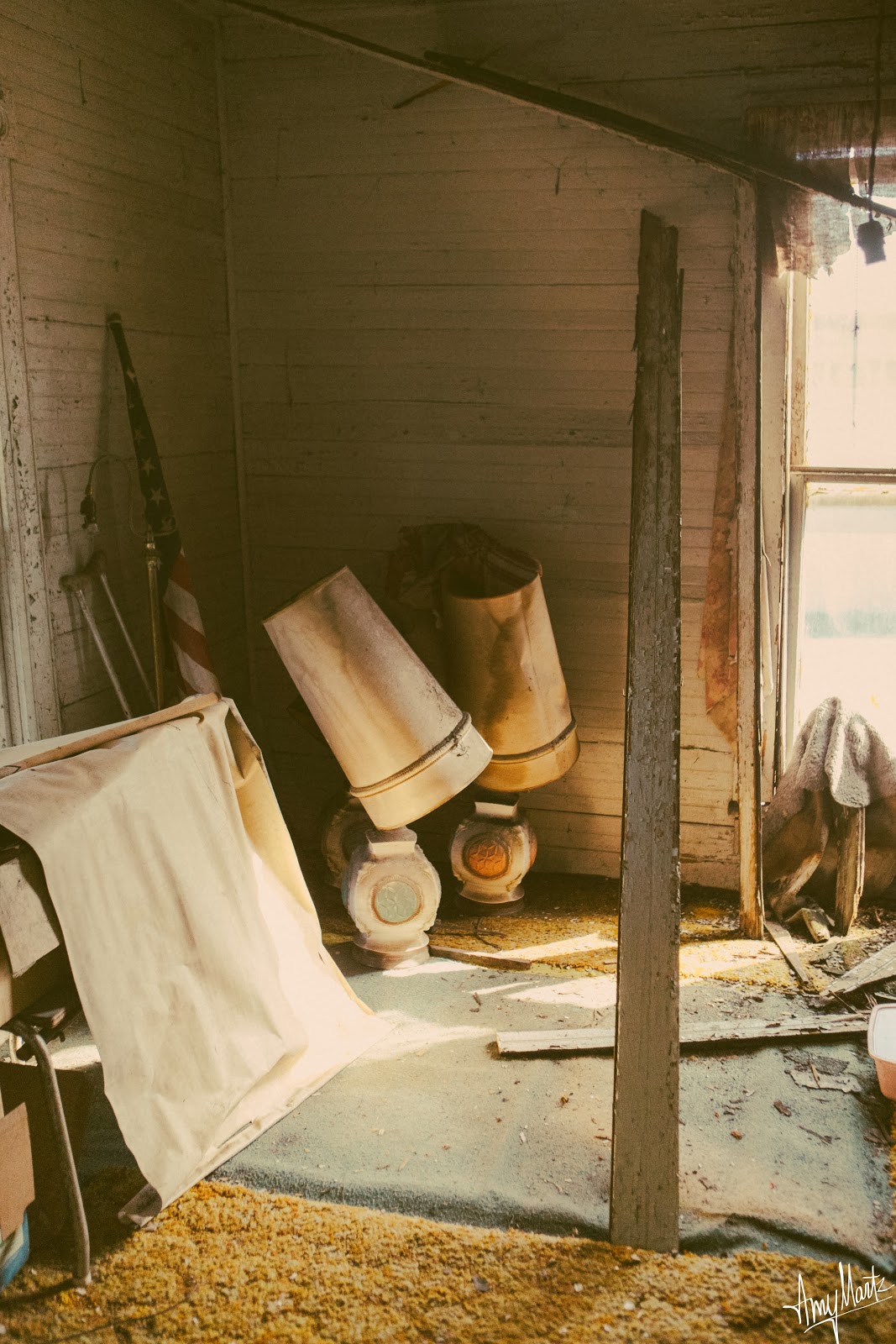Sunday, October 5, 2014
Thursday, January 16, 2014
Inside the Jackson House, Tampa Fl PHOTOS
Sue Carlton: Historic Jackson House is a tale of Tampa tenacity
In the shadow of tall downtown Tampa buildings, a rickety rooming house sags behind a chain-link fence. The red trim is faded, the roof draped in tarps in a losing battle against the rain. Even the empty porch looks tired.
Still, Jackson House has a whisper of ghosts from a time when it thrived.
Decades ago, celebrities came to what was once the city's bustling black business hub and they stayed here: Cab Calloway, Count Basie, the Ink Spots. Ella Fitzgerald is said to have plinked out A Tisket, A Tasket on the parlor piano, and Dr. Martin Luther King Jr. stopped for a bite after a rally. Jackie Robinson came, too. Travelers filled the place, 75 cents a night, breakfast and dinner. What other walls could possibly hold all this?
But today, Jackson House is skin and bone, looking like a strong wind could take it down. And if in the end it can't be saved — something looking more likely by the day — it won't be for lack of trying.
Who hasn't had a hand in trying to rescue the 24-room boarding house Willie Robinson Jr.'s grandparents built more than 100 years ago a stone's throw from the bustling train station?
They are legion — architects and engineers and activists, carpenters, plasterers and roofers. Local names got involved — former City Council member Linda Saul-Sena, Tax Collector Doug Belden, and yes, even radio personality Bubba the Love Sponge, the kind of guy better known for giving away breast implants at Christmas.
Even the city has seemed gentler of late with Jackson House. A deadline to stabilize the building passed weeks ago, and there has been no revving of bulldozers.
With all that, nothing has worked. Some say the house Robinson's mother wanted saved may be too far gone, that it would take too much cash just to stabilize it even before more than $1 million to actually fix it.
Back in 2007, an architect's analysis concluded this: "It is our opinion that restoration is not economically feasible and cost prohibitive." Also, "relocation of the building is impractical." So maybe it was a groundswell too late.
"The people we've worked with — they have all stepped up one way or the other," says Robinson's attorney, Ricardo Gilmore. Though there is still "active discussion with at least one party," he says, "we've not been able to turn the corner on a plan that will work. Yet."
If all else fails, there is good talk of preserving important pieces of the house in a nearby African-American museum. There are pictures.
Professional photographer Amy Martz detailed Jackson House room by room, from the walls to the doors to the paths of fingertips that were artfully pulled through the plaster by Robinson's father and grandfather before it dried decades ago.
She calls the photos "touching and warm, but they're also very sad."
Which, she says, "sums up the entire story."
Of course, there is always a thimble of hope, and people who believe that, with a very large check, Jackson House can live on. And what a story of Tampa tenacity that would be — a lot like Jackson House itself, and also like the part of town that thrived when blacks were not welcome in white establishments.
At least there's this: If — or maybe that's when — the boarding house filled with stories no longer stands on Zack Street, it won't be just because nobody noticed.
Subscribe to:
Posts (Atom)
























